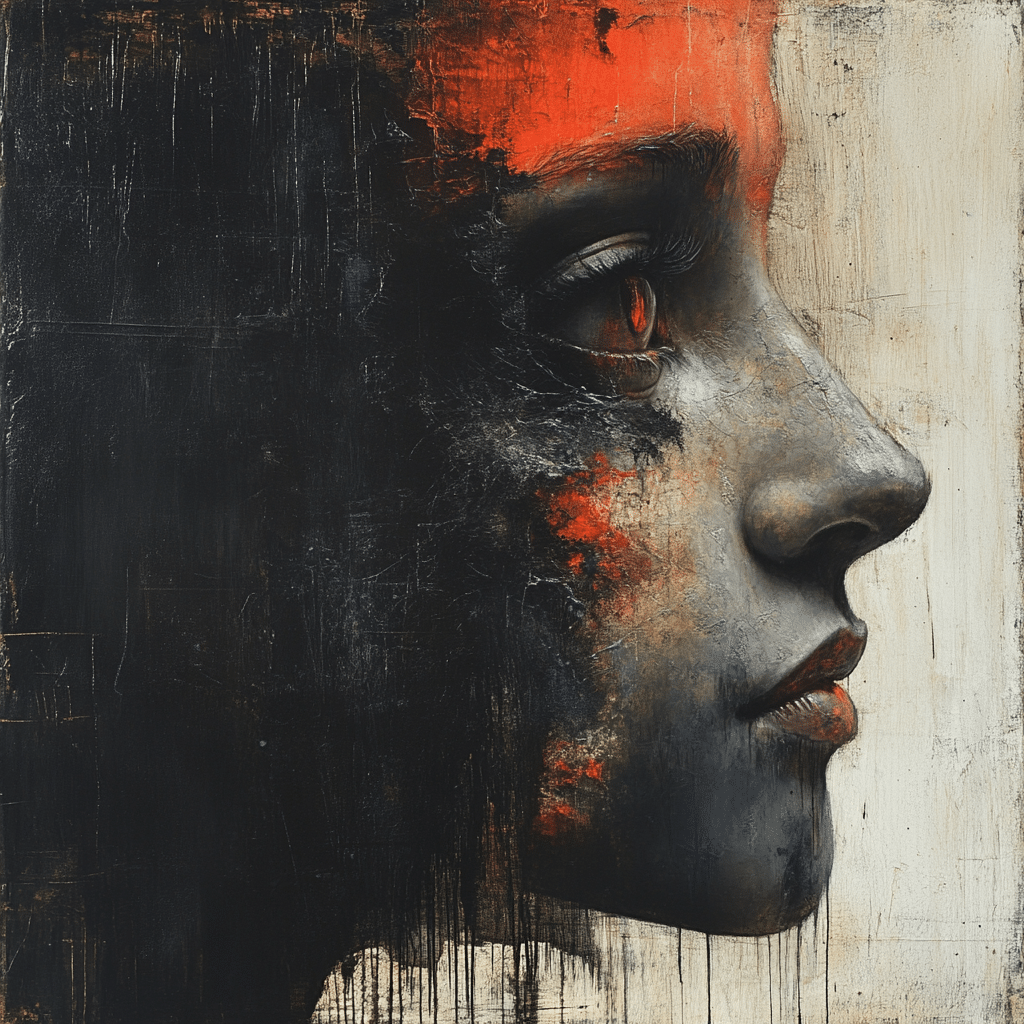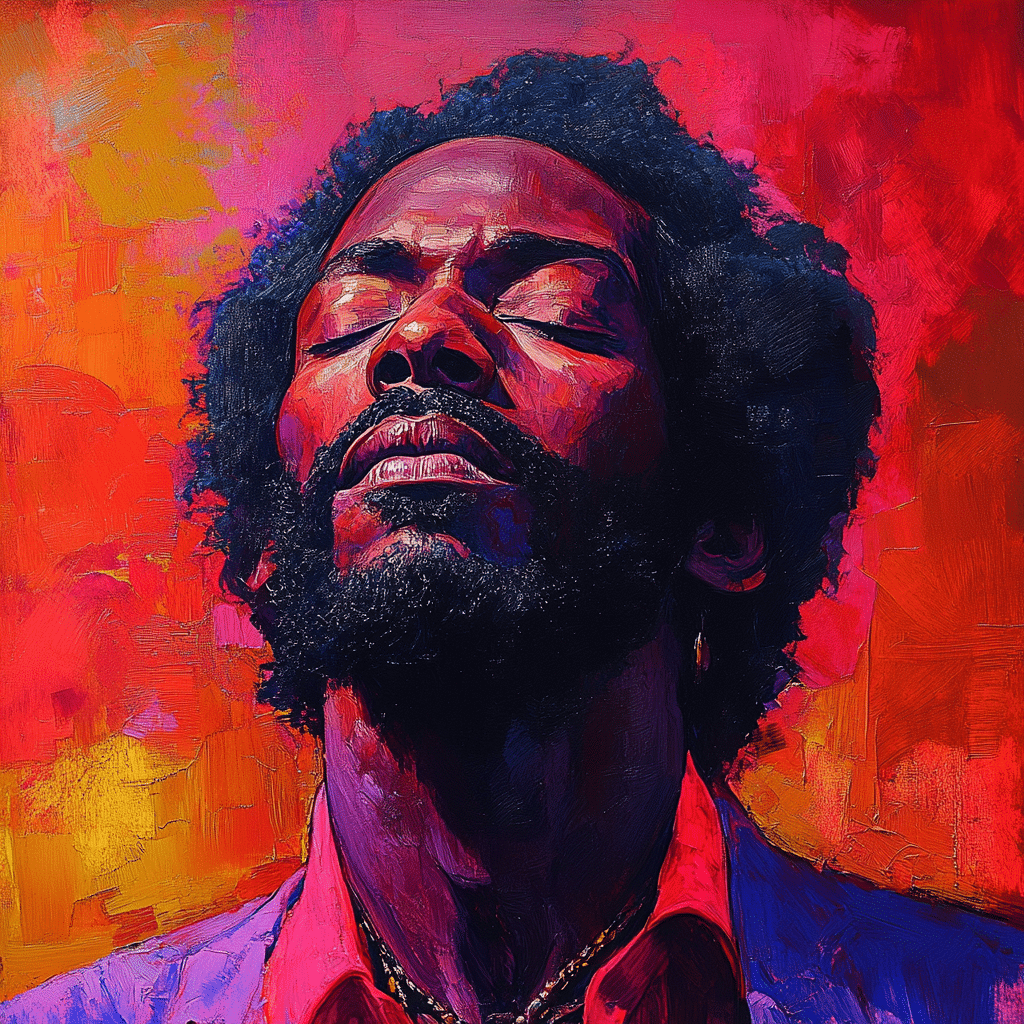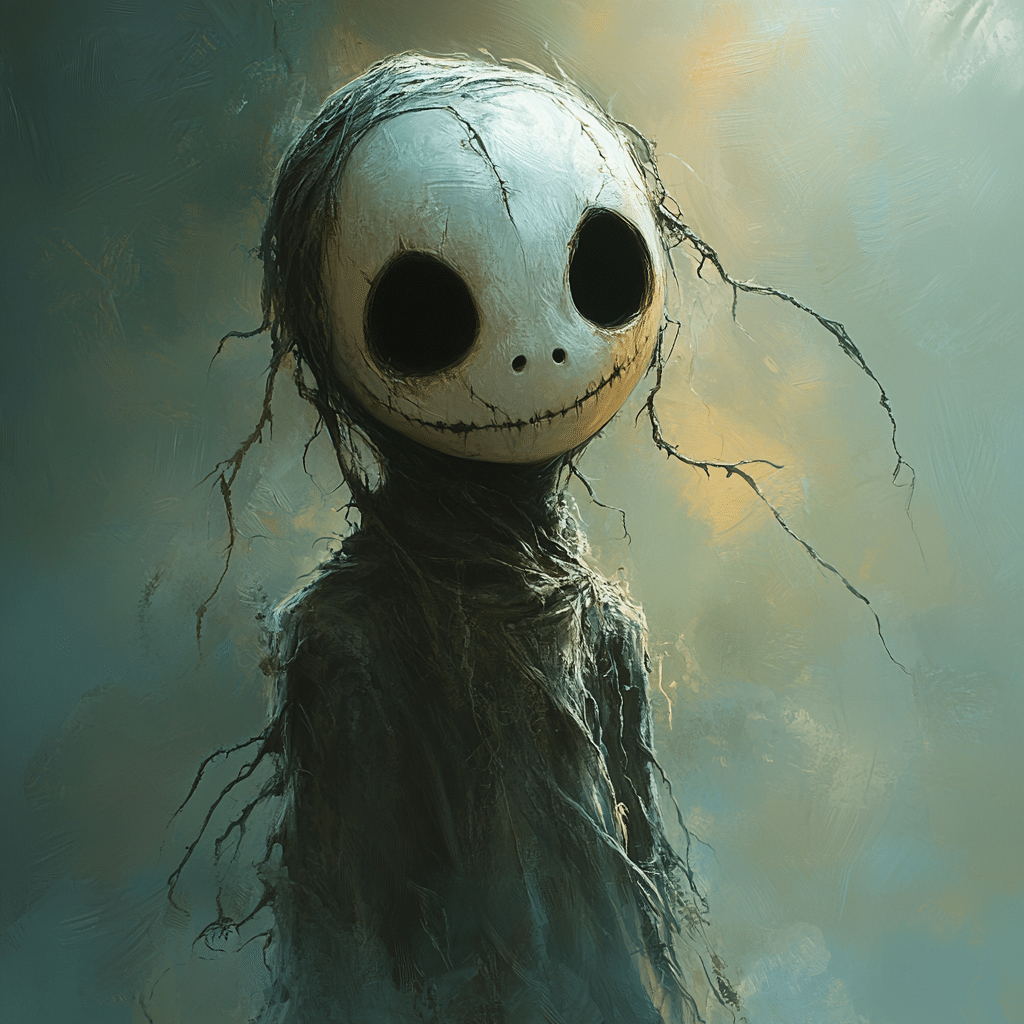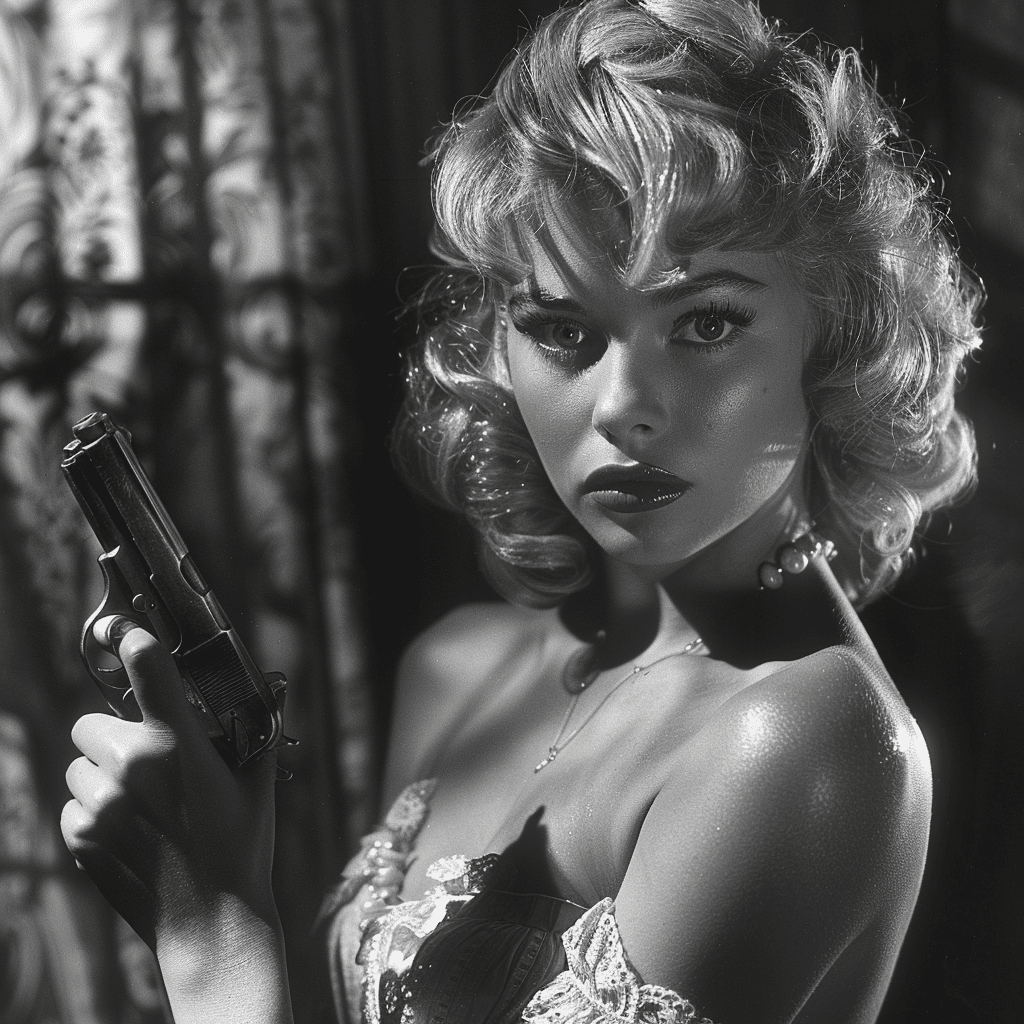Suicidal songs are more than just melancholic melodies – they are heart-wrenching ballads that resonate with the darkest corners of the human spirit. They often reflect a cry from within the labyrinth of desolation, an artistic confession of those probing into their own abyss. Grappling with thoughts of self-destruction is, sadly, a reality for many, and artists have long channeled their despair and hopelessness into their music. This deep dive into the delicate realm of suicidal songs aims to understand not just the lyrics that stir the soul but also the wide-ranging impact they have on society, history, and the individuals who find a piece of themselves in the music.
Unraveling the Complexity of Suicidal Songs
At first glance, understanding suicidal songs might seem as straightforward as dissecting their woeful lyrics, but oh, it’s ever so capricious a task! These songs can be enigmatic, layered with an artist’s personal struggle, and laden with the heavy weight of emotions difficult to bear. It’s about peeling back the curtain to reveal the raw narrative of pain beneath.
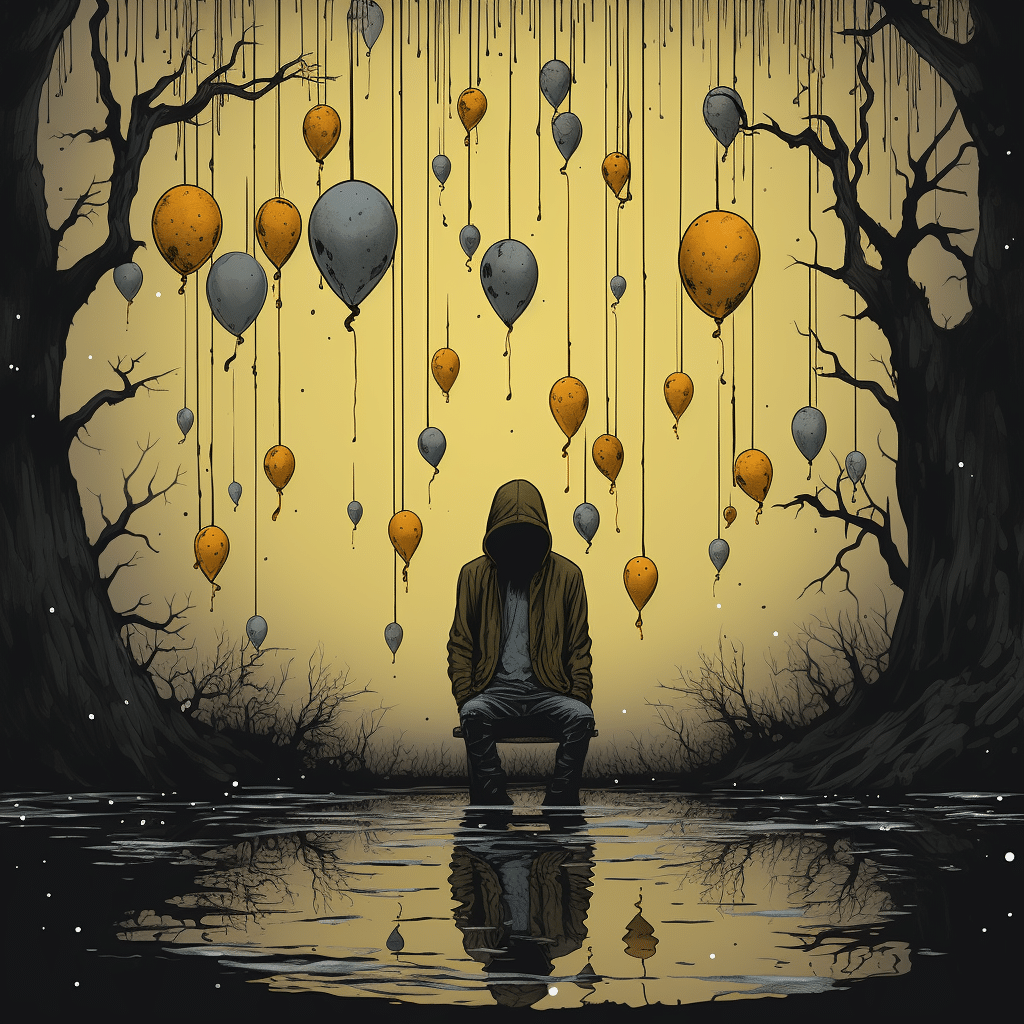
Historical Perspectives of Suicidal Songs in Music
Let’s tiptoe through time and see how these songs have been echoed through the generations. From the haunting “Gloomy Sunday,” associated with a wave of suicides in the 1930s, to more contemporary anthems, the relationship between these dire tunes and society’s well-being has been complicated.
| **Title** | **Artist** | **Year** | **Notable Lyrics** | **Cultural Impact/Controversy** |
|---|---|---|---|---|
| Gloomy Sunday | Billie Holiday | 1941 | “My heart and I have decided to end it all” | Known as the “Hungarian Suicide Song,” linked to numerous suicides, banned by the BBC in 1936. |
| Jeremy | Pearl Jam | 1991 | “Jeremy spoke in class today” | About a troubled boy who takes his own life, based on a true story, led to discussions on teen suicide. |
| Adam’s Song | Blink-182 | 1999 | “I never thought I’d die alone” | Reflects on depression and loneliness, inspired by a teen suicide note, seen as an anthem for suicidal youth. |
| 1-800-273-8255 | Logic ft. Alessia Cara & Khalid | 2017 | “I just wanna let you know, I’m feeling great” | Title is the National Suicide Prevention Lifeline, aiming to prevent suicides, often credited for increase in Lifeline traffic. |
| Hurt | Nine Inch Nails / Johnny Cash (cover) | 1994 / 2002 | “I will let you down, I will make you hurt” | Touches on themes of depression and existential suffering, Cash’s cover reignited the song’s popularity and emotional impact. |
| Whiskey Lullaby | Brad Paisley and Alison Krauss | 2004 | “He put that bottle to his head and pulled the trigger” | Narrates a story of lovers’ suicide, highlights the destructive impact of alcohol and heartbreak. |
| Jumper | Third Eye Blind | 1998 | “I wish you would step back from that ledge” | Written about a friend’s suicide, it became an anthem encouraging people to seek help and find hope. |
| The Ledge | The Replacements | 1987 | “I’m the boy they can’t ignore, For the first time in my life, I’m sure” | Explores the thoughts of a suicidal youth, the song was banned from radio play due to its sensitive subject matter. |
| Vincent | Don McLean | 1971 | “Now I understand what you tried to say to me” | Inspired by the life and death of Vincent Van Gogh, touches upon themes of mental illness and suicide. |
| Everybody Hurts | R.E.M. | 1992 | “When you think you’ve had too much of this life, hang on” | Aimed at people who feel they can’t go on, its music video contained a message encouraging seeking help from a suicide prevention line. |
Analyzing the Lyrics: Between Metaphor and Cry for Help
The challenge is in isolating metaphor from genuine cries of distress.
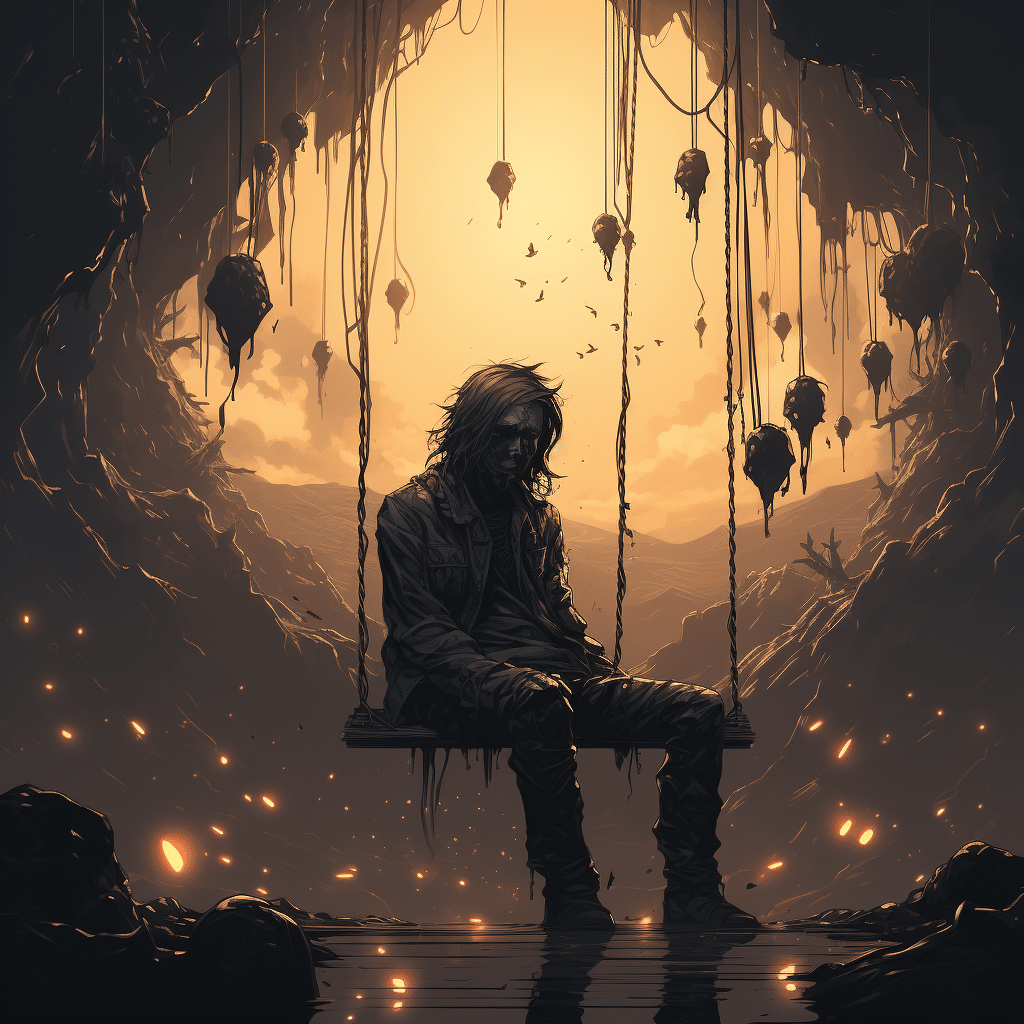
The Artists Behind the Songs: Profiles of Courage and Despair
Artists who have poured their despondencies into lyrics offer us courageous and often distressing glimpses into their souls.
Societal Impact: From Taboo to Awareness
These songs do more than simmer on playlists; they’re influencers, for better or worse.
Fan Reactions and Interpretations: A Mirror to Personal Struggles
To some fans, these songs hold up a mirror, reflecting parts of their own internal war.
Music Therapy and Suicidal Songs: A Double-Edged Sword
The use of these songs in therapeutic settings is as controversial as it is curative.
The Role of the Music Industry: Promoting Art or Provoking Controversy?
Here, we face the age-old struggle between art for art’s sake and the potential fallout from releasing something so inherently charged into the ethos.
Is There a Preventive Aspect to Suicidal Songs? Examining the Evidence
It’s the ultimate question: Can the despair in these songs actually lead to empathy and understanding?
Conclusion: Harmonizing Pain with Hope
Understanding suicidal songs is akin to walking through a hauntingly beautiful but perilous landscape. They blend the bitter with the sweet, infusing tales of woe with a touch of human resilience. It’s about recognizing the precariousness of their influence while also appreciating their role in giving voice to unspeakable pain. Just as a movie captures the complexity of life in its cinematography, suicidal songs reflect life’s stark realities, reminding us that even in our darkest moments, we are not alone. Through this deep dive, we can harmonize pain with hope, and in doing so, find a greater understanding of the enigma that is the troubled human heart.
The Echo of Despair: A Closer Listen to Suicidal Songs
When you hear the term ‘suicidal songs,’ it might send shivers down your spine or strike a chord of curiosity. Why? Well, these tunes often delve into the darkest corners of the human spirit, singing tales of sorrow so profound they become a cathartic anthem for many. So, let’s take the plunge and explore the depths of these stirring melodies.
The Heart-Wrenching Narrative In The Melody
Did you ever wonder what truly makes a song ‘suicidal’? It’s not just about the lyrics that could make you cry a river; it’s the whole package. Picture this: a haunting guitar riff that feels like it’s reaching out from the abyss, or a piano melody that’s as somber as a rainy day in November. These musical elements set the stage for the poignant storytelling that’s coming your way.
When Art Imitates Life
Oh boy, diving into the lives of characters portrayed in suicidal songs is like watching all the “Chris O’Donnell movies and TV shows” compiled into a soul-stirring marathon. You see, just like the actor slips into roles that span from the heroic to the tragic, these songs juggle themes of despair, romance gone wrong, and battles with inner demons. The emotional rollercoaster is real, folks!
A Legacy of Lament
Listen up! A bunch of these tear-jerkers have become legendary in their own right. Remember the classics? The ones that have you belting out the lyrics in the middle of the night? That’s what I’m talkin’ about. They’ve been covered, sampled, and echoed through the decades, much like how The Outsiders cast left an indelible mark on pop culture. These tunes linger on, just like the poignant performances of that ensemble, touching new generations with their timeless tales of woe.
The Misunderstood Art of Moroseness
Here’s a twist for you: not all suicidal songs are, uh, inviting you to the dark side. Nope. In fact, they can be weirdly uplifting. It’s like when someone says, “Misery loves company.” Sometimes, knowing you ain’t alone in your bleak mood can be a lifeline. It’s a strange comfort, but hey, it works.
The Mosaic of Music and Emotion
Can we chat about the mosaic that is music for a sec? Just like your unpredictable uncle at Thanksgiving, suicidal songs can come out of left field, stirring up emotions with a few simple chords. It’s the combo of the right lyrics with the right melody that can hit you like a ton of bricks. And just when you think you’ve heard it all, bam, a new tune comes along, and it’s like a wave of feelings you didn’t see coming.
Well, there you have it, the lowdown on suicidal songs. They’re not just a bummer; they’re an experience—an art form that can both soothe the soul and open your eyes to the fragility of the human condition. Remember, it’s okay to walk down melancholy lane with these tunes. Just make sure you also find your way back to the rhythm of happier vibes.

What is the most suicidal song ever recorded?
What is the most suicidal song ever recorded?
Well, talk about a real tearjerker, “Gloomy Sunday,” also dubbed as the “Hungarian Suicide Song,” takes the top spot as the most suicidal song ever recorded. Recorded back in the ’30s, it’s been cloaked in urban legends, with claims that it triggered a spate of suicides—which, take it with a grain of salt, is probably more myth than fact.
What is the saddest song in human history?
What is the saddest song in human history?
Phew, that’s a tough one, but many folks have sobbed their hearts out to Eric Clapton’s “Tears in Heaven.” Clapton’s heartfelt ballad about the tragic loss of his son Conor could easily be dubbed the saddest song in history, wrenching enough to make even the toughest cookie crumble.
What songs talk about suicidal thoughts?
What songs talk about suicidal thoughts?
Oh boy, the playlist gets heavy here—songs like Logic’s “1-800-273-8255,” which is actually the number for the National Suicide Prevention Lifeline, or Sia’s “Breathe Me,” often resonate with those grappling with dark thoughts. They’re like musical lifelines, speaking straight to the soul.
Who is the singer of suicidal?
Who is the singer of “Suicidal”?
That’d be YNW Melly, who dropped this heavy-hitter track “Suicidal” and, boy oh boy, did it strike a chord with fans. It’s off his album “Melly vs. Melvin,” and showcases his knack for blending raw emotion with catchy beats.
What is the biggest hit song ever?
What is the biggest hit song ever?
Buckle up, because nothing sweeps the board like “Despacito” by Luis Fonsi featuring Daddy Yankee. Talk about a sonic boom—it exploded onto the scene and snagged its place as one of the biggest hit songs ever, with its irresistible rhythm and beat that had everybody wagging their hips.
What is the most played song ever recorded?
What is the most played song ever recorded?
Get this—according to some serious number-crunching, “Shape of You” by Ed Sheeran is the one to beat. It’s been streamed to the moon and back, making it the most played song ever recorded in the digital era. It’s like wherever you go, there it is, tickling your eardrums.
What year did the song suicidal come out?
What year did the song “Suicidal” come out?
Ah, fresh off the music press, YNW Melly’s “Suicidal” hit the airwaves in 2019. With its deep, personal lyrics, it didn’t just come out—it burst onto the scene and left folks all over vibing to its potent mix of melody and emotion.




